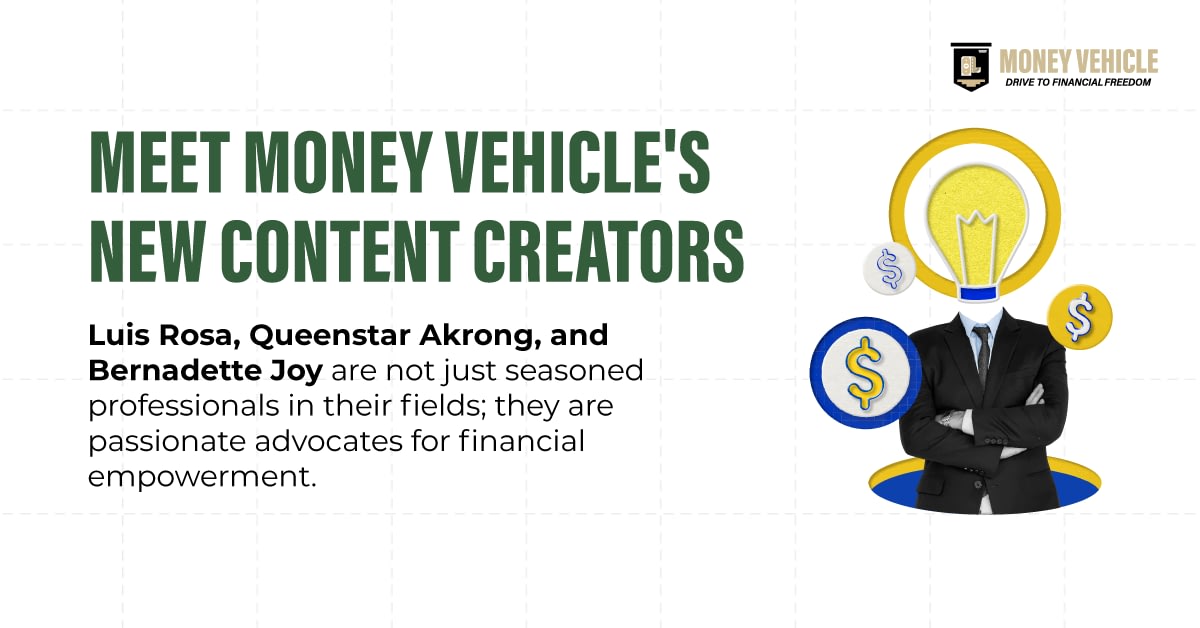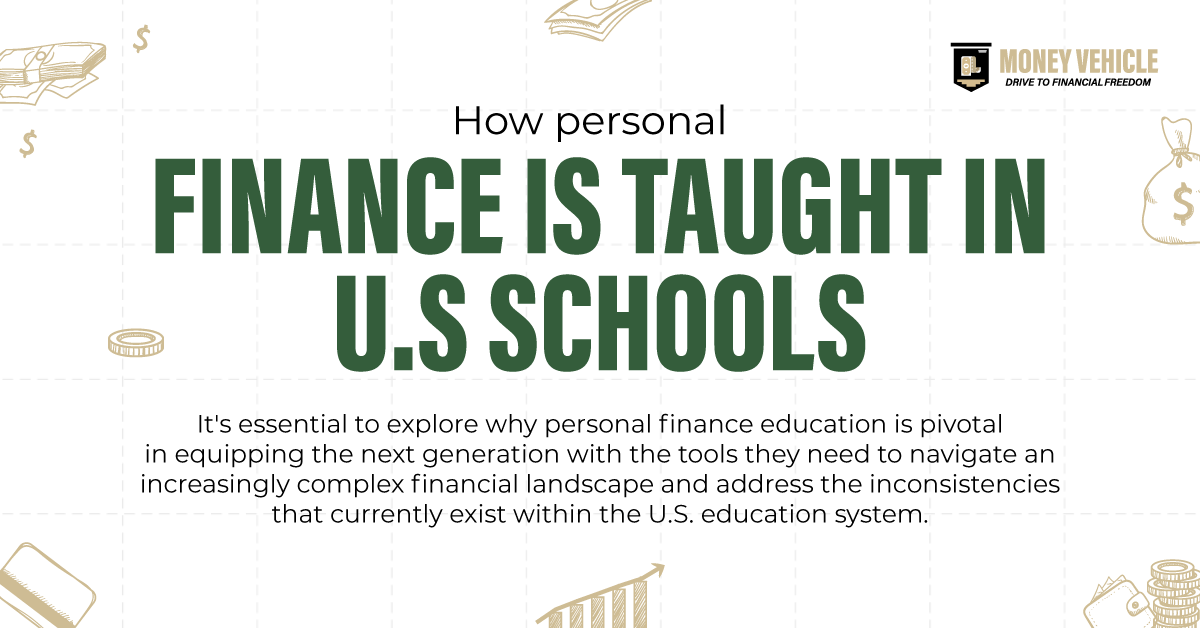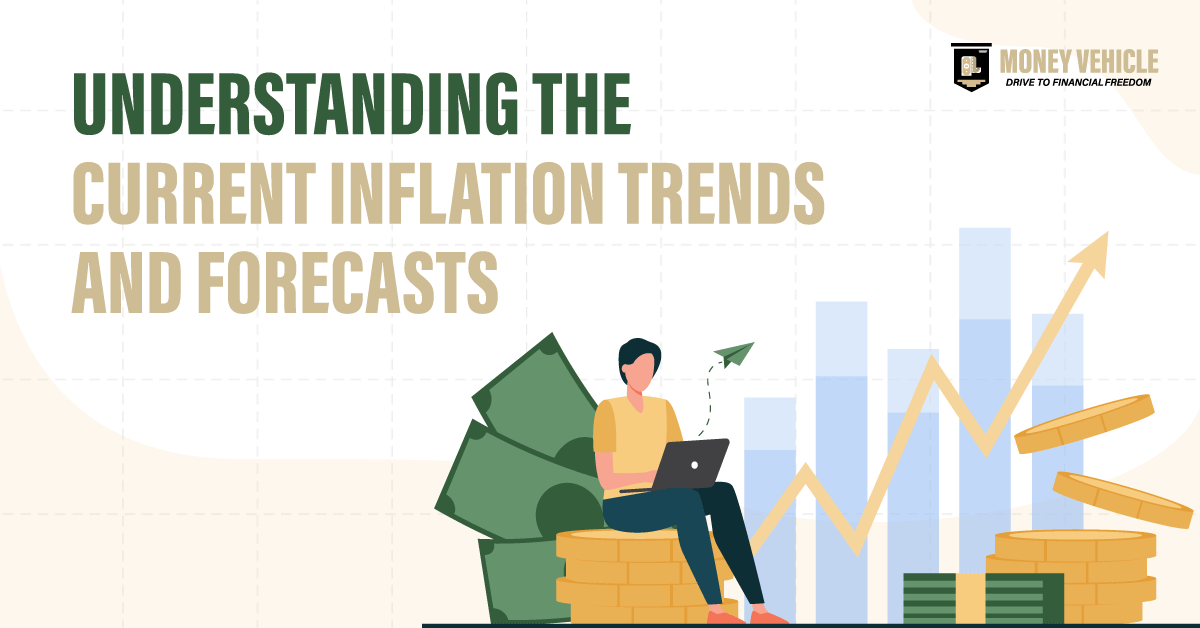There’s always a recession on the horizon – that’s an important thing to remember! While, at any given time, you may hear that people are worried about a recession coming, it’s critical to keep in mind that recessions are merely a part of the business cycle. That means that the economy expands, contracts, and then expands again, repeatedly.
But just because recessions occur doesn’t mean that they aren’t painless for the average person. Recessions are typically accompanied by layoffs, market crashes, and lower GDP output. In all, it can really put a damper on your finances.
Here’s a brief overview of how, exactly, an economic recession can and will affect the average person’s financial picture.
Lower sentiment, layoffs, and more
Recessions can be self-induced, in some cases. For instance, if our moods about the economy collectively sour, then we may be looking ahead and thinking “how can I save money if there is a recession?” For individuals, this may involve some belt-tightening and better budgeting. We spend less, in other words, and save more.
For businesses, it’s the same thing. But one of the first things businesses may do is lay off workers in order to save money. That causes unemployment to go up, and fewer people will, naturally, have jobs.
This, of course, can have a cascading effect: When people don’t work, their incomes go down. When their incomes go down, they don’t spend as much. When they don’t spend as much, other businesses see lower revenues, and then they need to cut costs to stay afloat, which could involve laying off their own workers. Again, collectively, we’ve seen people lose jobs, spending craters, and incomes plummet.
While not everyone may lose their jobs, many people might, and this can have an overall effect on the economy and drag it into a recessionary period.
Your personal finances and recessions
Let’s say that we do enter a recession, but you manage to keep your job. You’re still not out of the woods, unfortunately, because you’ll likely feel the recession in other ways.
For example, if your employer is seeing lower revenue due to consumers cutting back on their spending, you may not get a raise, a promotion, or a bonus. You’ll likely also see that your investments have taken a hit, as the market is likely to see a downturn (maybe a big one) during a recession.
Further, the Federal Reserve may take action, shifting interest rates in order to spur economic activity – this will, of course, depend on the specific economic conditions at play. For instance, while many people think or thought that the U.S. was in a recession in 2022, it’s not quite the case – the Fed is and was actively increasing interest rates to slow the economy, all while many people were claiming we were in a recession. This is a complicated set of conditions, largely caused by the COVID pandemic, but is a good example of how there’s no one-size-fits-all remedy for the Fed.
Overall, though, recessions can affect your individual income, your spending habits, your returns on your investments, and more. While some people will be hit harder, economically speaking, during a recession than others, we’re all likely to feel the effects in one way or another.
Check out the Money Vehicle textbook — you can find it here on Amazon. And if you like what you see, you can get more content sent directly to your inbox! Sign up for the Money Vehicle Movement Newsletter!
And check out our white paper: “Strategies for Increasing Financial Literacy Rates Among High School and College Students”
More from Money Vehicle:







